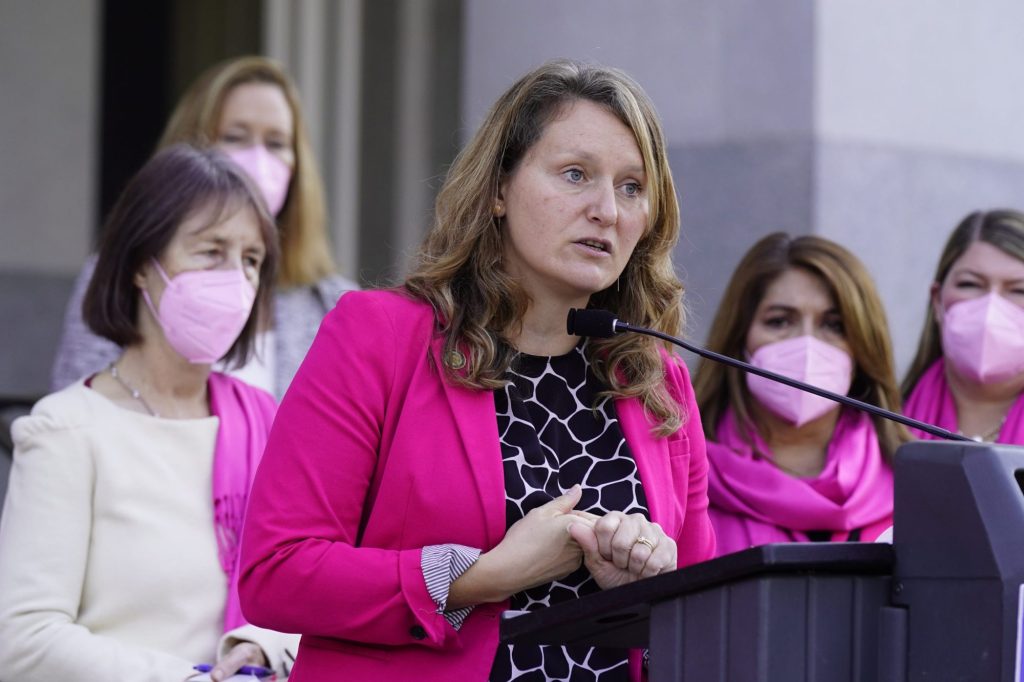
The point of gig work is independence. You set your own hours. It can be a full-time job, or part-time to pay for unexpected bills. It also means avoiding the rigid structure and rules of jobs controlled by union membership and collective bargaining agreements.
Such stifling regulations could strike under Assembly Bill 1340, by Assemblymember Buffy Wicks, D-Oakland, called the Transportation Network Company Drivers Labor Relations Act. The TNC companies affected are Uber and Lyft. The bill says gig “drivers have the right to form, join, and participate” in a union “for the purpose of collective bargaining.” The bill tasks the state Labor and Workforce Department with enforcing the new law. And it notes the department currently has “oversight” authority over labor laws.
“The bill’s utter lack of detail is a problem,” William Messenger told us; he’s vice president and legal director of the National Right to Work Legal Defense Foundation, which defends workers’ right not to be controlled by unions. “It’s almost like they’re giving that department the authority to just sort of make up its own labor law.”
He contrasted that with Massachusetts, whose voters last November passed Question 3, which enacts gig driver rules, but runs to 33 pages and, among other things, details a hearing and appeals process.
Messenger added it’s unclear whether AB 1340 applies to the whole gig-driver sector, which could create another problem. In America, union contracts are negotiated by company, not sector. For example, the UAW negotiates a contract first with one company, such as Ford, then uses that for separate negotiations with GM, Stellantis and other companies.
Gig driving has been contentious. In 2019 the Legislature passed and Gov. Gavin Newsom signed Assembly Bill 5, by then-Assemblymember Lorena Gonzalez, D-San Diego, currently the president of the California Labor Federation. It redefined most gig workers as “employees,” not independent contractors. AB 5 was so onerous, in August 2020, right as the COVID-19 pandemic was raging, the Legislature passed Assembly Bill 2257, also by Gonzalez, exempting some categories of gig workers such as photographers, writers, editors and landscape architects.
In 2020, voters passed Proposition 22, sponsored by Lyft and Uber, which reclassified their drivers as “independent contractors.” Unions sued to block implementation in the case Castellanos v. State, contending under the California Constitution the Legislature has “unlimited” power to determine worker compensation. But the state Supreme Court upheld Prop. 22, writing the constitution does not “preclude the electorate from exercising its initiative power to legislate on matters affecting workers’ compensation.”
For us, this is a matter of freedom. People trying to earn a living, especially in this expensive state, should not have to jump through bureaucratic hoops thought up by state legislators and their union allies.
But if Wicks and other legislators want to pass a law, they ought to follow Massachusetts, write a detailed initiative, and put it before voters in the June 2026 primary. Meanwhile, leave us and our gigs alone.
Originally Published:



